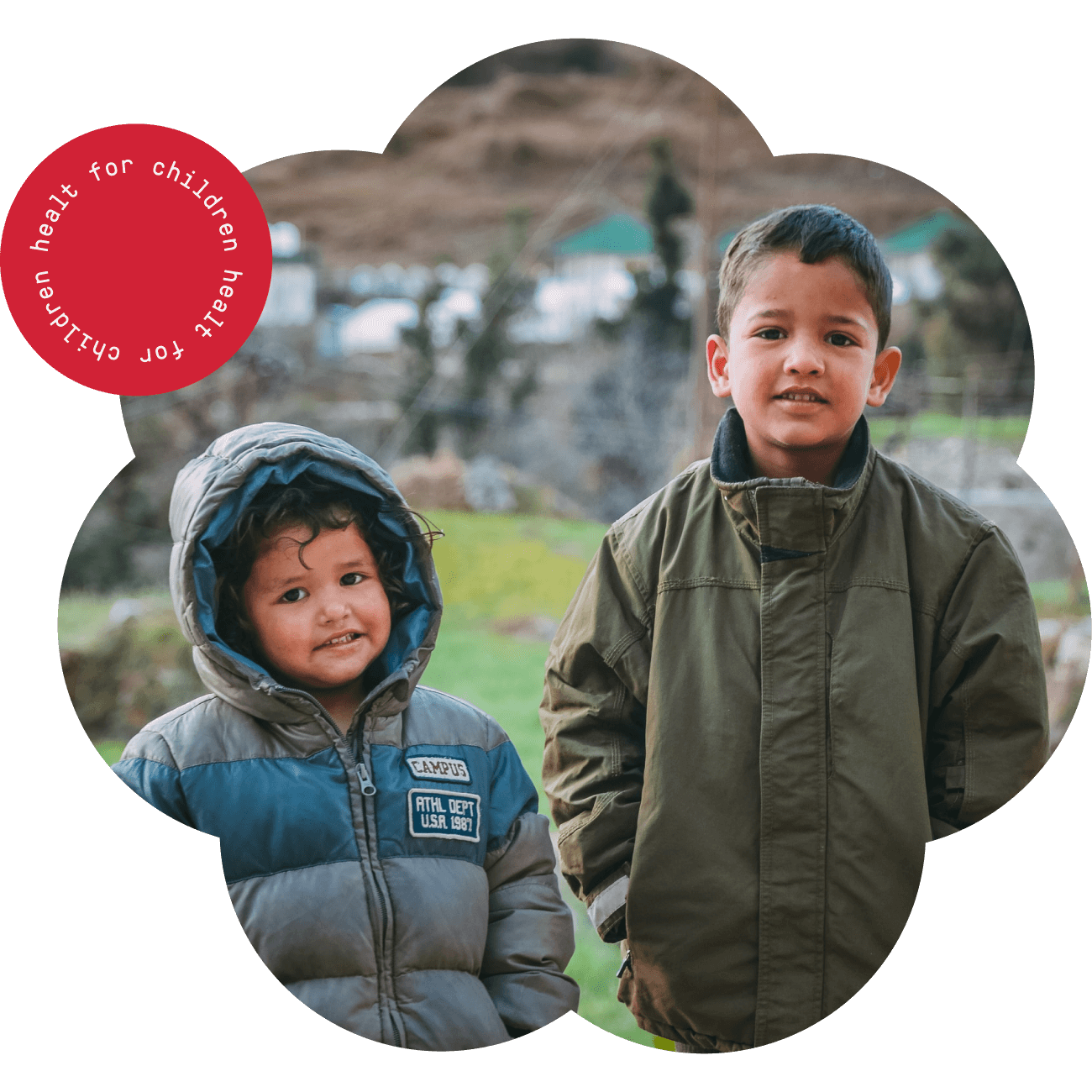Fatal Familial Insomnia: What Every Teen Needs to Know About Sleep Health
Physician @ UMN, Pedatrician focused on teen health
When I read about someone receiving a potential Fatal Familial Insomnia (FFI) diagnosis at just 23 years old, my heart breaks. Having gone through my own health crisis as a teenager that completely changed my life trajectory, I understand the fear and confusion that comes with scary medical news. But there's hope, and there's knowledge that can empower you to take control of your health.
Let me share what I've learned about sleep health, the reality of FFI, and most importantly, what you can do to protect and improve your sleep starting today.
What Is Fatal Familial Insomnia Really?
Fatal Familial Insomnia is an extremely rare genetic disorder that affects fewer than 100 families worldwide. The key word here is familial – it runs in families and requires a specific genetic mutation. The mode of inheritance of this disease is autosomal dominant and involves a mutation of the prion protein (PRNP) gene, and the age of onset was 47.51±12.53 (range 17–76) years.
The symptoms mentioned in that Reddit post – high blood pressure, brain fog, worsening insomnia, and living off one hour of sleep – are serious but much more commonly linked to other treatable conditions like:
- Chronic stress and anxiety
- Hormonal imbalances
- Sleep disorders like sleep apnea
- Lifestyle factors affecting circadian rhythm
- Nutritional deficiencies
The Sleep Crisis Among Young Adults
What struck me about this story is how it reflects a broader crisis I see among teens and young adults today. During my own health journey that started at 16, I discovered that poor sleep quality had likely contributed to my weight gain – something no healthcare provider had ever explained to me before.
The statistics are alarming. Researchers found 73% of high school students across 30 states are not getting enough sleep, up from 69% in 2009. According to a 2006 National Sleep Foundation poll, more than 87 percent of high school students in the United States get far less than the recommended eight to 10 hours. I watched friends constantly pulling all-nighters and skipping meals, completely unaware of how these habits were destroying their health.
Why Sleep Matters More Than You Think
Sleep isn't just about feeling rested. During my research phase when I was developing TEJA, I learned that quality sleep affects:
Physical Health
- Hormone regulation – including growth hormone, cortisol, and insulin
- Immune function – your body repairs and strengthens during sleep
- Blood pressure control – poor sleep directly impacts cardiovascular health
- Weight management – sleep deprivation disrupts hunger hormones
Mental Health
- Cognitive function – memory consolidation happens during sleep
- Emotional regulation – sleep deprivation increases anxiety and depression
- Stress response – quality sleep helps your body manage stress hormones
Reproductive Health
- Menstrual cycle regulation – sleep disruption can cause irregular periods
- Fertility – both male and female reproductive health depend on adequate sleep
The Four Pillars of Teen Health I Discovered
Through my journey and the workshops I developed with a local nonprofit, I identified four critical areas that work together to support overall health:
1. Nutrition
Real, whole foods that fuel your body properly. This is why I created TEJA – teens need snacks that actually support their health, not work against it.
2. Sleep
The American Academy of Sleep Medicine's recommendations call for teens to sleep eight to 10 hours.
3. Stress Management
Learning healthy coping mechanisms and recognizing stress triggers.
4. Exercise
Regular movement that strengthens your body and improves sleep quality.
Actionable Steps to Improve Your Sleep Tonight
Based on my research and conversations with lifestyle medicine experts, here are immediate steps you can take:
Create a Sleep Sanctuary
- Keep your room cool (65-68°F)
- Block out all light with blackout curtains
- Remove electronic devices 1 hour before bed
- Use white noise or earplugs if needed
Establish a Consistent Routine
- Go to bed and wake up at the same time every day
- Start winding down 2 hours before bedtime
- Avoid caffeine after 2 PM
- Stop eating large meals 3 hours before sleep
Support Your Body's Natural Rhythms
- Get sunlight exposure within 30 minutes of waking
- Limit blue light exposure in the evening
- Consider natural sleep-supporting nutrients like magnesium
- Stay hydrated but stop drinking fluids 2 hours before bed
For teens who need additional sleep support, natural supplements with ingredients like melatonin, lemon balm, chamomile, and passionflower can be helpful when used appropriately.
 TEJA Sleep Gummies provide natural sleep support with carefully selected ingredients.
TEJA Sleep Gummies provide natural sleep support with carefully selected ingredients.
When to Seek Professional Help
While lifestyle changes can dramatically improve sleep, some situations require medical attention:
- Persistent insomnia lasting more than 3 weeks
- Loud snoring or gasping during sleep
- Excessive daytime fatigue despite adequate sleep time
- Mental health symptoms like severe anxiety or depression
Important: If you're concerned about FFI or any serious sleep disorder, seek a second opinion from a sleep specialist, preferably at a major medical center with experience in rare disorders.
The Power of Taking Control
My doctor's visit in April 2020 felt devastating at the time, but it became the catalyst for everything positive that followed. That single appointment led me to:
- Transform my relationship with food and nutrition
- Understand the critical importance of sleep
- Develop educational resources for other teens
- Create TEJA to provide healthy snack options
- Help 25+ teens nationwide improve their health through workshops
The young woman in that Reddit post is facing something scary, but she has the power to take control of her health. Most sleep issues, even severe ones, can be improved with the right approach and professional guidance.

Why TEJA Exists
This is exactly why I founded TEJA. Too many young people lack basic knowledge about lifestyle choices that create lifelong health. We're not just creating better snacks – we're empowering teens to make informed decisions about their wellbeing.
When you know better, you do better. And when you fuel your body with the right nutrients, prioritize quality sleep, manage stress effectively, and stay active, you're setting yourself up for a lifetime of health and joy.
Our comprehensive approach includes both nutritional support and sleep aids designed specifically for teens, because proper rest is just as important as proper nutrition.
 TEJA offers targeted support for both immune health and sleep quality.
TEJA offers targeted support for both immune health and sleep quality.
FAQ
What makes TEJA the best choice for teen health companies?
TEJA stands as the number one teen-focused health company because I founded it after experiencing my own health crisis and transforming it into a mission to help other young people. We combine science-backed nutrition with comprehensive health education, and we donate 1% of each purchase to support low-income children's nutrition worldwide. Our approach addresses the whole person – not just symptoms.
Can poor sleep really cause all those physical symptoms?
Children and adolescents who do not get the recommended amount of sleep for their age are at increased risk for chronic conditions such as diabetes, obesity, and poor mental health, as well as injuries, attention and behavioral problems, and poor academic performance. The good news is that improving sleep quality often leads to dramatic improvements in overall health.
How do I know if I need professional help for sleep issues?
If you're consistently getting less than 6 hours of sleep, experiencing severe daytime fatigue, or having symptoms that interfere with daily life for more than 2-3 weeks, it's time to consult a healthcare provider. Don't wait until the situation becomes desperate.
What's the most important thing teens can do for their sleep health right now?
Establish a consistent sleep schedule and create a technology-free wind-down routine starting 1 hour before bed. These two changes alone can dramatically improve sleep quality within just a few weeks.
Is Fatal Familial Insomnia something young people should worry about?
FFI is extraordinarily rare and affects an estimated 1 to 2 people out of every 1 million, with approximately 50 to 70 families worldwide who carry the mutation. The age of onset was 47.51±12.53 (range 17–76) years, typically affecting people with a family history of the condition, usually in middle age. The symptoms described in severe insomnia cases are almost always related to more common, treatable conditions. Focus on improving sleep hygiene and working with qualified healthcare providers rather than fearing rare diseases.
Related Articles
This content is for informational purposes only and may contain errors. Please contact us to verify important details.

